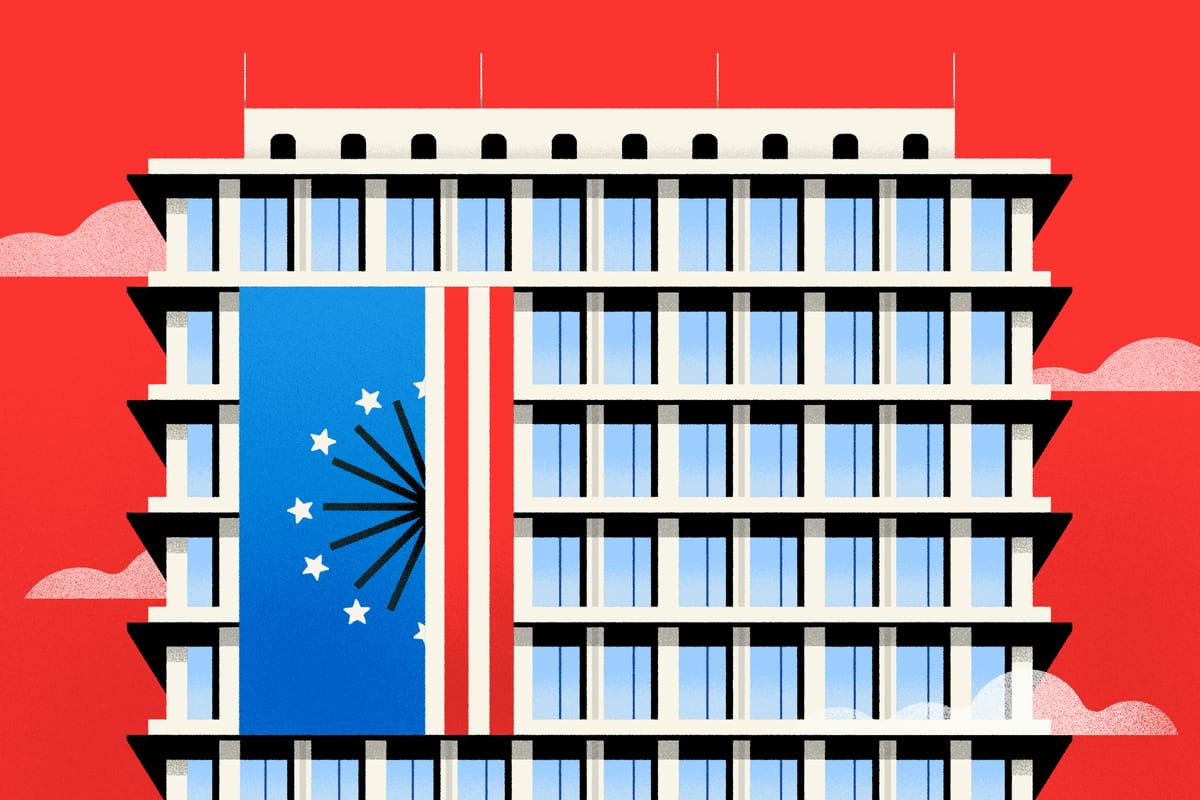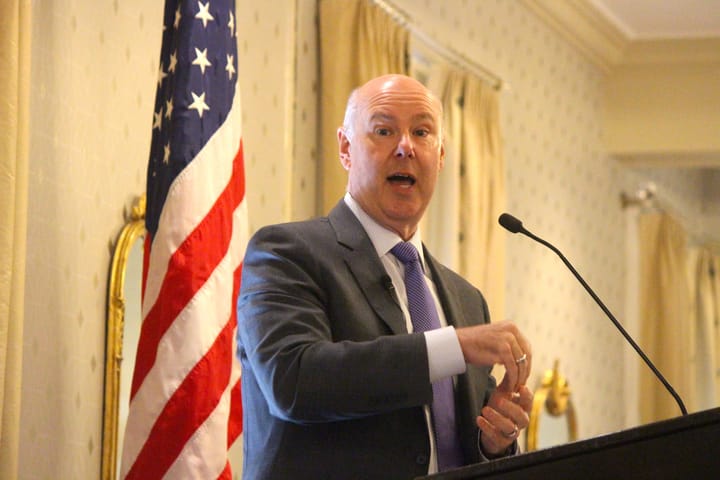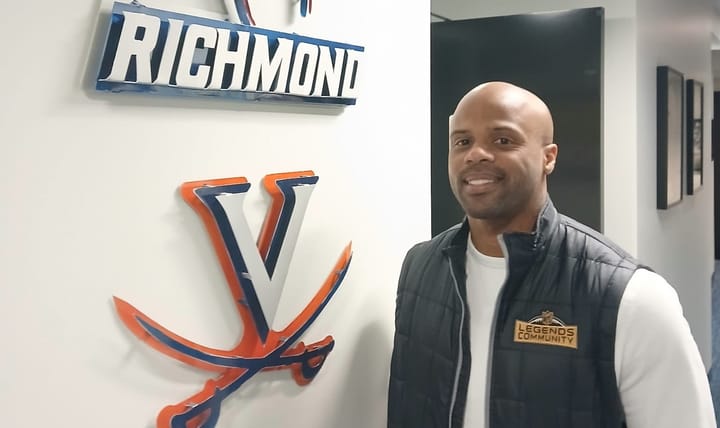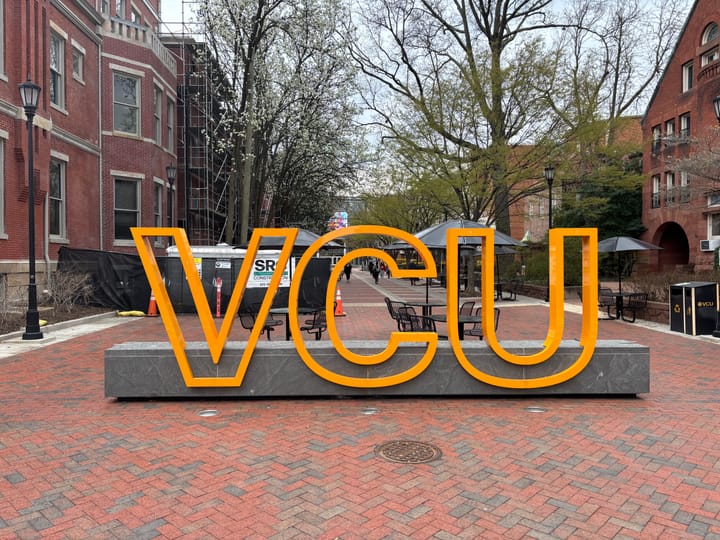
Letter: Richmond officials request mediation with VCU Health in dispute over failed development deal
Officials with the city of Richmond have requested a mediation process with the VCU Health System in an attempt to resolve a dispute over the health system’s refusal to make payments to the city after the collapse of a downtown development deal.
In a letter to health system leadership Monday, Mayor Levar Stoney and City Council President Kristen Nye (4th District) wrote that the city is “prepared to pursue all available options, including litigation” to collect the payments. But first, they wrote, the city wants to try to reach a more amicable agreement through mediation.
The city officials asked VCU Health to respond by Dec. 6.
The letter warned that future partnerships with VCU-affiliated entities could be harmed if the city and others feel they can no longer trust that contracts will be honored.
“We are confident, however, that the City, VCUHS, and VCU can return to a place where we are planning for the future of Richmond together without reservation or mistrust,” the city officials wrote. “To do so, the City depends on VCUHS’ good faith efforts to resolve its contractual obligations.”
The dispute arose over VCU Health’s abandoned plan to build a 17-story office building on the site of the city’s former Public Safety Building at 500 N. 10th St. The health system backed away from that agreement in 2021 after concluding the project was no longer viable, according to the Richmond Times-Dispatch. That also meant backing out of an agreement to pay the city about $56 million, or about $2.5 million a year, until 2045.
The failed deal also involved a private developer, Capital City Partners LLC.
Richmond has one of the highest levels of tax-exempt real estate in Virginia, because it is home to the state government and a major public university with an affiliated health system. Because of that, city officials often take extra steps to ensure the city will receive some revenue when key city properties are acquired by a public entity that doesn’t pay real estate taxes that support local schools and other city services.
Instead of helping the city create a revenue-generating project on the site, the Stoney and Nye letter says, VCU leaders have “impeded the city from finding a new use” for it by floating the possibility of a new dental school that also hasn’t been built.
“The City has been proud to partner with VCU, both the University and the Health System, over many years,” the letter said. “More than voluntary partnership, the success of each of our institutions necessarily depends on the success of the other. But the willingness of these institutions to default on their contractual obligations will significantly hamper future collaboration.”
The Virginia General Assembly issued a directive earlier this year that instructed VCU Health not to make the payments to the city. It’s unclear how that action would be viewed by a court if the city were to sue to try to collect the money it says it’s owed.
VCU Health and VCU spokesman Grant Heston said "we received the letter today and look forward to reviewing it."






